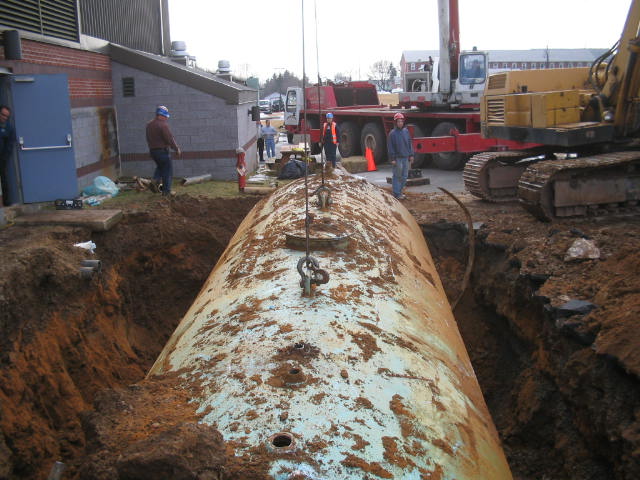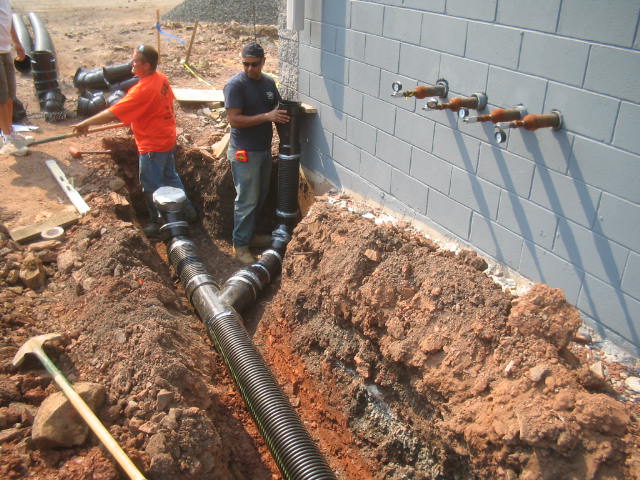Can an Underground Oil Tank Lower the Property Value?
Whether you are looking to sell or buy property, did you know that an underground oil tank can have an effect on the value of the property? Unfortunately, the underground oil tank will not boost the value, but in fact, the tank may lower the value of the property. How can something that underground devalue a home or business?
Costs
Both property buyers and sellers are hesitant on property deals when an underground oil tank is involved. The main reason is the costs that are involved and determining who will be responsible to pay those expenses. Most buyers will not sign on the dotted line until the oil tank has been removed. This delay in the settlement can create headaches for owners wanting to get rid of the property and owners looking to purchase property in a timely manner.
The maintenance expenses involved with maintaining an underground oil tank are extensive. Throughout the year, an inspection will be recommended to check and prevent tank leaks. Inspections will be necessary to check oil levels in these bulky oil tanks buried underneath the ground. It is recommended that inspections be performed by a licensed professional since these oil tanks contain such toxic substances.
Insurance companies understand the hazards with underground oil tanks, even if not in use. The older the tank has been underground; the chances of trouble are greater. Insurance rates for homes with underground oil tanks will be higher than homes without them, because of anticipated risks.
These costs involved with an underground oil tank will cause the property owner to sell for less or pay for the oil tank removal before the deal can be signed.

Removal & Installation
When removing an underground oil tank, contact a licensed professional for the task. Even if the oil tank is not in use, it is recommended to remove it before it begins to leak. Insurance companies will charge higher rates for homes with an underground oil tank, but they will not always assist in the removal or damage occurring in the removal process. Most oil tank removal companies will provide liability insurance on their projects, which will cover damage that could occur during the removal process.
Oil is expensive and most property owners will want an alternative heat source. Once the oil tank has been removed, the property will need to install that new heat source, such as a gas furnace. The property must then be equipped for the newly installed gas furnace to heat the building. In this case, costs for the removal of the oil tank and the installation of the new heating system will factor the anticipated value price of the property.
For property purchasers looking to invest in commercial properties, this unanticipated removal and installation processes can delay their start of business. Having to pass environmental audits can create a hassle that will send buyers to other properties, leaving property owners stranded with their underground oil tanks.

Pollution Crisis
If a buyer is willing to take a risk on agreeing to the property sale without removing the oil tank, how long will it take until the underground oil tank begins to pollute the local ecosystem? Older tanks are prone to leaking when not maintained properly, and the toxic substances will run into the soil. This creates a chain of disaster beginning with contamination of the soil, then plants, then the animals eating the plants, and up the local food chain. A licensed professional will be able perform soil remediation once the tank has been removed to ensure no further pollutants will cause harm.
Trust T. Slack Environmental Services to remove underground oil tanks from your property with over 30 years’ experience. Let the industry leaders lead you away from any more “tanking” property deals.




